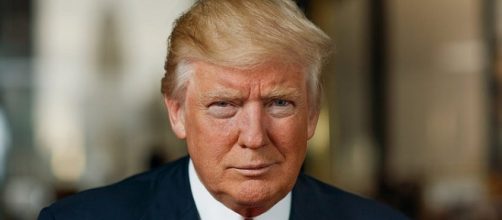The Supreme Court partially restored the executive order of President Donald Trump regarding the controversial travel ban against six Muslim major countries, the Washington Post reported this week. After the partial restoration, the trump administration issued a new set of visa guidelines for the said ban.
The Supreme Court gave a broad statement about the partial lift, noting that the ban could be implemented as long as those applying for visas can prove they have a bona fide relationship with a person or entity from the U.S. such as a relative or if they were given a job offer or an invitation to lecture.
The Trump administration then released the guidelines and the affected countries are still Iran, Libya, Somalia, Sudan, Syria, and Yemen. The visas that were already approved for people coming from these countries will no longer be revoked but the new applicants will have to prove that they have a relationship with relatives who are already in the country in order to get in. These relatives are limited to parents, spouse, child, son-in-law, daughter-in-law or siblings.
Those not considered to have close relationships with relatives
The relationship with the aforementioned relatives must be “close.” By close, the Trump administration means those who are not the grandparents or grandchildren, aunts and uncles, nieces and nephews, cousins, brothers-in-law, sisters-in-law, and fiancées.
These new rules will also be applicable soon to other people from different countries who were not listed under the initial travel ban. The new guidelines took effect on Thursday, The Washington Post reported.
Infants, adopted children or people who need urgent medical care are also exempted from the travel ban.
Business ties will also need proof
For business or professional ties between parties outside the United States and those in the country, the relationship must be formal and documented. The administration added that the relationship must be formed under the normal circumstances surrounding business and professional ties and shall not be used in order to simply evade the travel ban.
Some of those who fall under this kind of tie are journalists, lecturers, students and workers who received invitations or employment in the United States.
Those who already paid for hotel reservations or car rentals and are from the six Muslim-majority countries aforementioned will also not be allowed to enter without undergoing the proper procedure as they cannot put up the defense that they have business and professional ties with the country.
These new guidelines will be held until October as the hearing into the arguments over the matter will be on that month.


